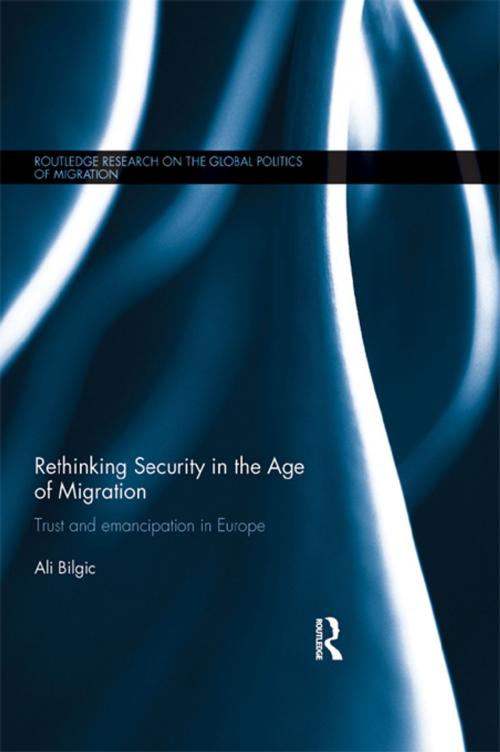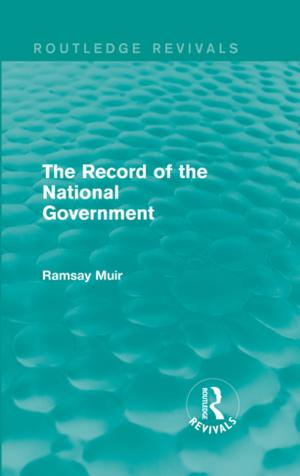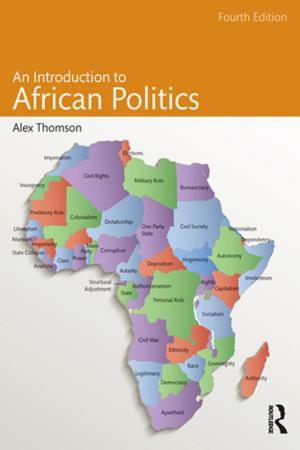Rethinking Security in the Age of Migration
Trust and Emancipation in Europe
Nonfiction, Social & Cultural Studies, Political Science| Author: | Ali Bilgic | ISBN: | 9781136765353 |
| Publisher: | Taylor and Francis | Publication: | September 2, 2013 |
| Imprint: | Routledge | Language: | English |
| Author: | Ali Bilgic |
| ISBN: | 9781136765353 |
| Publisher: | Taylor and Francis |
| Publication: | September 2, 2013 |
| Imprint: | Routledge |
| Language: | English |
Migration and especially irregular migration are politically sensitive and highly debated issues in the developed world, particularly in Europe. This book analyses irregular protection-seeking migration in Europe, with close attention to sub-Saharan migration into the EU, from the perspective of emancipatory security theory.
Some individuals leave their countries because political, social, and economic structures largely fail to provide protection. This book examines how communities respond to migrants who seek protection and security, where migration is perceived as a source of insecurity by many in that community. The central aim of this critical analysis is to explore ideas and practices which can contribute to replacing the political structures of insecurity with emancipatory structures, where individuals (both irregular migrants and members of the receiving communities) enjoy security together, not opposed to each other. Drawing on the security dilemma, critical approaches to security, forced migration and trust, the book demonstrates how common life between two groups of individuals can be politically constructed, in tandem with limitations, risks, and possible handicaps of initiating such a construction in world politics.
Rethinking Security in the Age of Migration will be of interest to students and scholars of migration studies, security studies, international relations, European politics and sociology.
Migration and especially irregular migration are politically sensitive and highly debated issues in the developed world, particularly in Europe. This book analyses irregular protection-seeking migration in Europe, with close attention to sub-Saharan migration into the EU, from the perspective of emancipatory security theory.
Some individuals leave their countries because political, social, and economic structures largely fail to provide protection. This book examines how communities respond to migrants who seek protection and security, where migration is perceived as a source of insecurity by many in that community. The central aim of this critical analysis is to explore ideas and practices which can contribute to replacing the political structures of insecurity with emancipatory structures, where individuals (both irregular migrants and members of the receiving communities) enjoy security together, not opposed to each other. Drawing on the security dilemma, critical approaches to security, forced migration and trust, the book demonstrates how common life between two groups of individuals can be politically constructed, in tandem with limitations, risks, and possible handicaps of initiating such a construction in world politics.
Rethinking Security in the Age of Migration will be of interest to students and scholars of migration studies, security studies, international relations, European politics and sociology.















